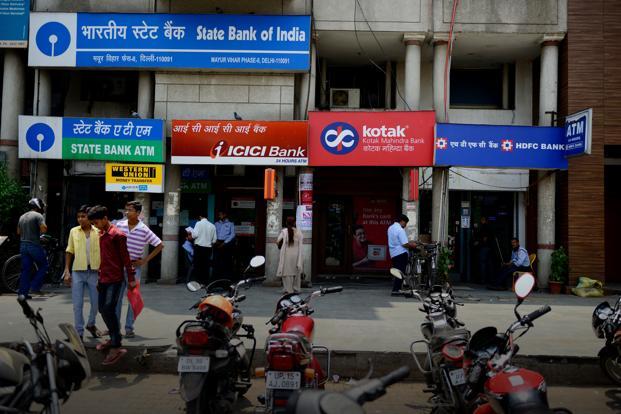![]()
MUMBAI: As corporates frantically dial banks seeking help to tide over the Covid-19 crisis, public sector banks have stepped up with emergency funds to aid companies, both small and large, to continue operations, especially pay salaries, said two people aware of the development.
At least two state-owned banks, State Bank of India (SBI) and Union Bank of India have sanctioned emergency credit lines while Bank of Baroda (BoB) and Bank of India are expected to approve something similar in the coming days.
SBI’s credit line is up to ₹200 crore, while that of Union Bank’s is up to ₹50 crore. BoB is looking to sanction an ad-hoc limit of ₹200 crore or up to 10% of borrowers’ fund-based working capital limit and Bank of India plans to allow a top-up of up to 20% of the working capital limit or a maximum of ₹200 crore.
“We have got calls from several customers telling us that they need money to keep the business running and credit lines by banks will help them tide over the crisis. There are several companies with whom we have long-term relationships and they need money to keep the business running,” said one of the two people cited above.
According to the person, BoB’s plan is awaiting board approval and will then be sent to all branches and other offices. “This line of credit will be only for existing borrowers classified as standard on the bank’s books,” he said.
Meanwhile, Bank of India is also planning a credit line for retail customers, apart from one for corporates. The second person cited above said Bank of India will offer three times the take-home salary of its home loan borrowers as a top-up loan, up to ₹5 lakh, to help during the pandemic. He added that 16 March is the reference date for sanctioning these loans and all borrowers expect those classified as special mention account 1 (SMA1), SMA2 and non-performing will be covered under this scheme.
“For corporate borrowers and small businesses, there will be a moratorium of six months on repayments of these loans. While 15% will need to be repaid in the six months following the moratorium, the remaining 85% will have to be repaid in the next one year,” said the second person cited above, adding that Bank of India will also help small transporters, including app-based cab by sanctioning a credit line of up to 20% of their loan.
Mumbai-based Union Bank of India, in an internal circular on 23 March, said borrowers can avail of the sanctioned amount in one go or in tranches.
“The entire loan under the scheme has to be repaid within the maximum period of 12 months including moratorium from the date of first disbursal or validity of sanction, whichever is earlier,” the circular said, adding that in case the limit is availed of in tranches then the repayment should be 12 months from the date of first disbursal.
Rajkiran Rai G, chief executive, Union Bank of India said the bank was trying to ensure that basic necessities of its borrowers are maintained, including payment of employee salaries. “The credit line is just the first such product we have launched and are planning to initiate a few more in the coming days. These will include people who have no working capital limits as of now and are only term loan customers,” said Rai.
SBI, India’s largest lender, was the first bank to extend an emergency credit line to eligible corporate borrowers and small businesses to meet their liquidity needs in the wake of the Covid-19 pandemic. Mint reported on 20 March that an internal SBI circular had said that the Covid-19 emergency credit line (CECL) will be in the form of a 12-month demand loan and that the scheme will be valid till 30 June.
Join our Telegram Channel for Latest HR – IR – Labor Law Updates – Click: “One Clik”
For Whatsapp Group: https://wa.me/919033016939

